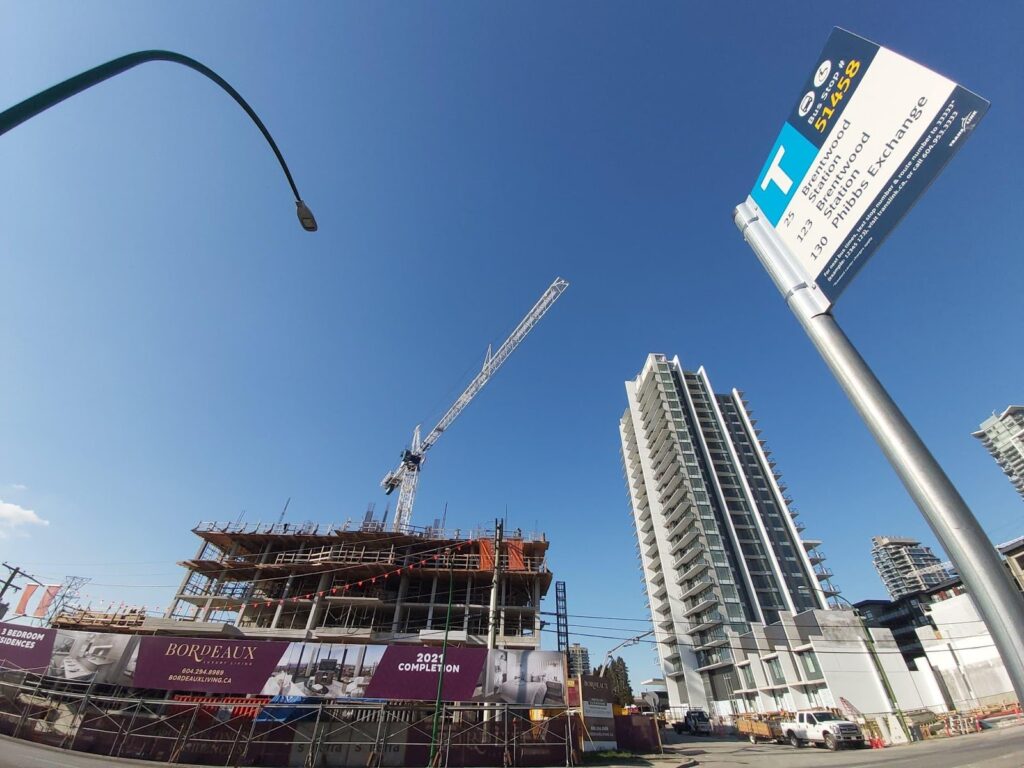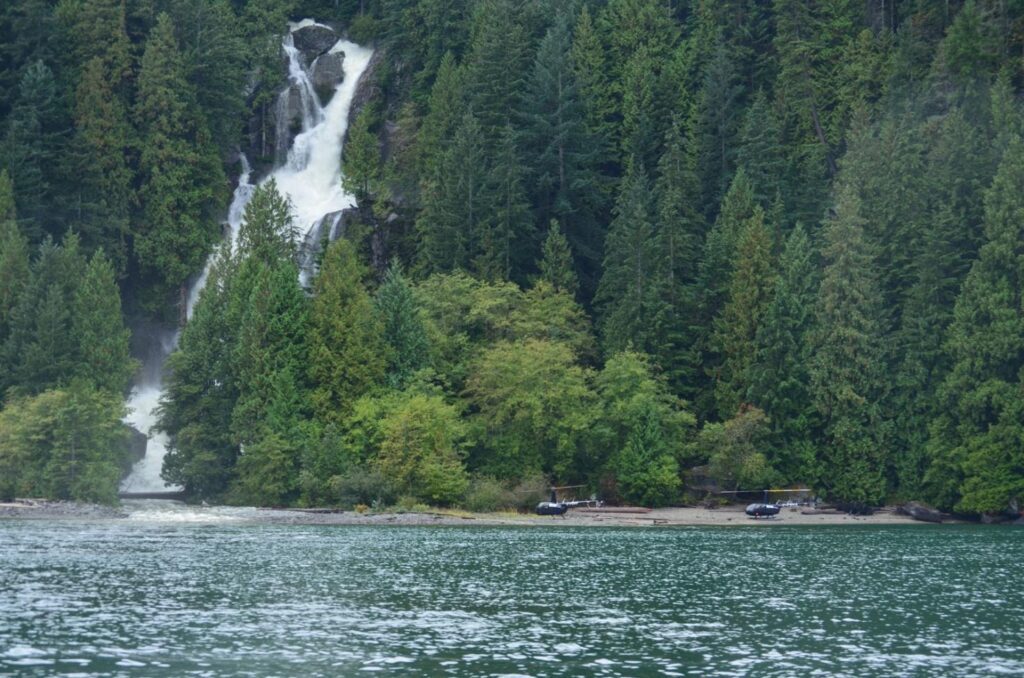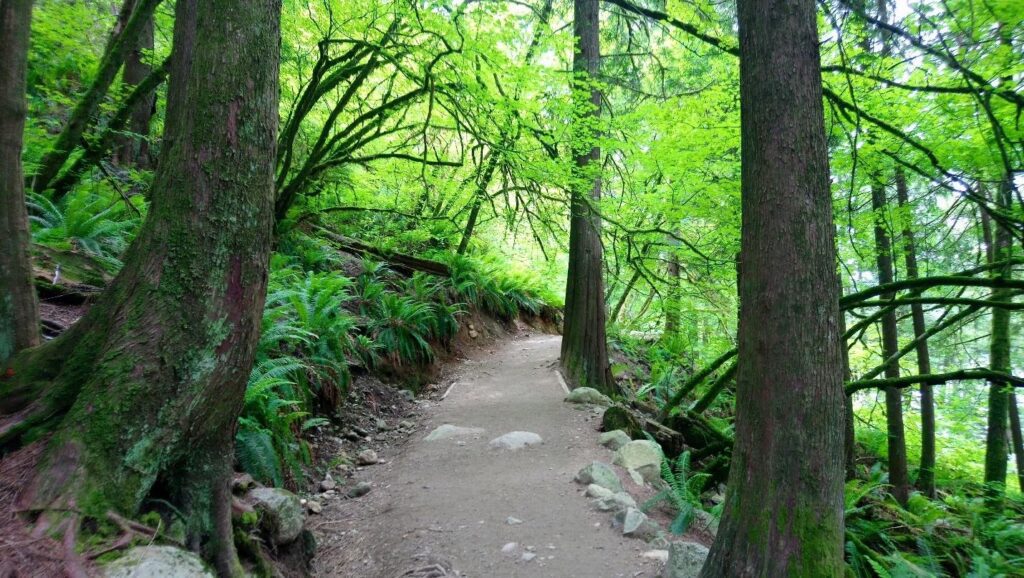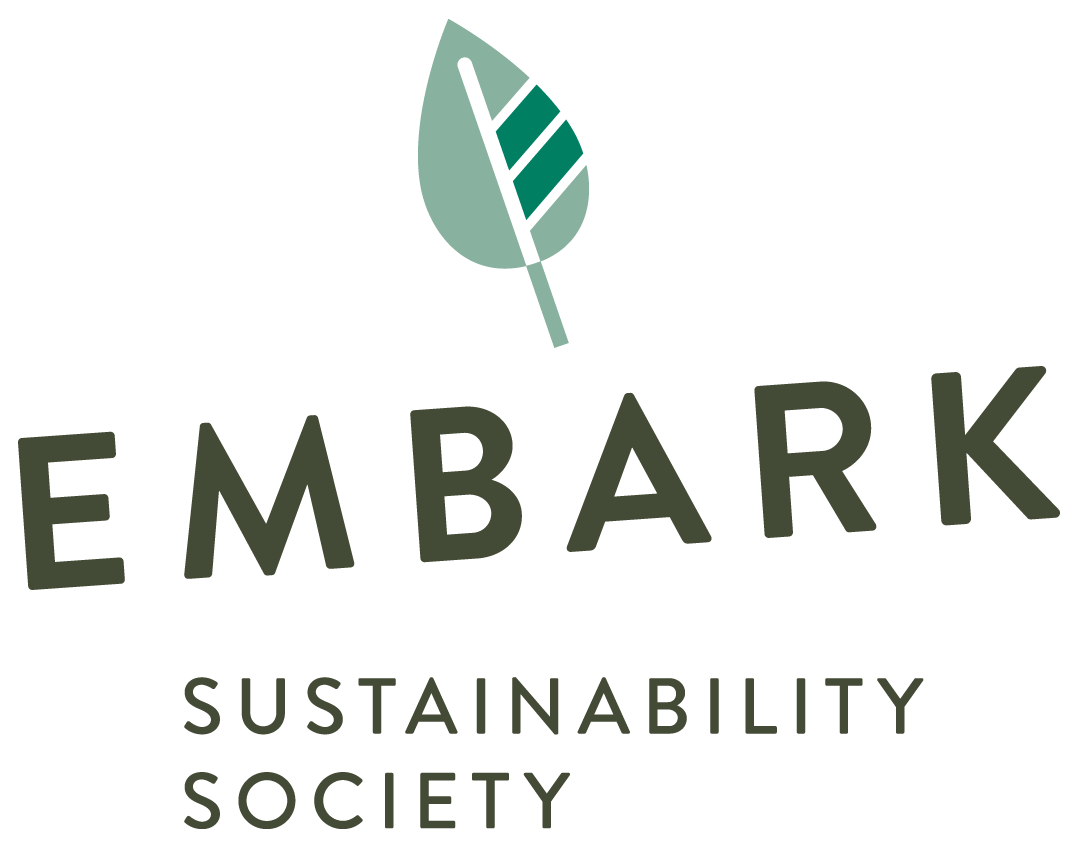Re-imagining the connection between society and nature
How do we remain connected—socially and ecologically—is a question that we are faced with during the COVID-19 crisis. When the mitigation measures in a fight against the pandemic focus on physical distancing, making and maintaining social connections in a conventional manner requires a radical shift for health and safety reasons. That shift includes not just how we interact with each other amongst ourselves as humans, but also with non-human species and their complex and diverse worlds.
There are claims that the mitigation measures against COVID-19 have led to the reduction in air pollution both here in Vancouver and globally. The other day, I read a social media post by a friend in Nepal about how peaceful and fun his hike through the jungle was during a nation-wide lockdown. He revealed that he did not want to return home from the jungle at the end of the hike. I was also struck by the pictures from Kathmandu, Nepal showing amazingly clear skyline and mountain range seen from the capital, with even Mt. Everest visible far in the background. While a view of the mountain range is a rare thing from the city—a city notorious for high level of air pollution—a local architect revealed that these images were bringing her childhood memories back, while talking at a webinar a few days ago about what Kathmandu’s post-pandemic future should look like. She was referring to the memories of Kathmandu valley that had plenty of open green space, agricultural fields, forests, clean rivers, and streams until four decades ago before the haphazard urbanization started to take its toll on the city.
A woman that I had met while on a hike in Burnaby Mountain located in Metro Vancouver, BC, asked me if people were taking climate change seriously. Before that question, she had confessed that the rapid urbanization in the city of Burnaby felt like losing home and connection with nature to her. Then we talked about—while in the middle of a forest with woodpecker’s occasional drumming in the background—the ongoing rise in the number of high-rise buildings near Brentwood and Gilmore train stations. “Maybe I am old-fashioned, but I don’t like the way things are going on these days,” she concluded.

Ongoing construction in the Brentwood area in Burnaby, BC in February 2020. Photo by Bicram Rijal
One of the things that are fascinating to hear about during this pandemic is people’s comments about how happy they are to be “out in nature.” There is also the nostalgia of the past as if that past always had pristine nature or undisturbed ecology. However true such characterization of the past may be, there is a bit of romanticizing in it. And, there is also a false sense that modernity always means a move away from connections with our nature and natural worlds. In his book, We Have Never Been Modern, Bruno Latour—French philosopher and anthropologist—cautions us against a dualistic understanding of nature and society. And that insight can also apply to our understanding of the rural and the urban, and of tradition and modernity.
Bruno Latour also urges us to take the ongoing COVID-19 crisis as a “dress rehearsal” in our preparation for a more severe crisis, which is a climate crisis. In a piece published in Critical Inquiry he asks what makes the two crises—health crisis in a form of COVID-19 and climate change—occur in succession. And his answer to this question calls for examining broader associations, which will reveal “social” and “natural” entities as interconnected to each other: “The state of society depends at every moment on the associations between many actors, most of whom do not have human forms. This is true of microbes – as we have known since Pasteur – but also of the internet, the law, the organization of hospitals, the logistics of the state, as well as the climate.” He writes further: “The pandemic is no more a “natural” phenomenon than the famines of the past or the current climate crisis. Society has long since moved beyond the narrow confines of the social sphere.”
Similar to what Latour calls for, the connection with nature—whether in a form of a hike, run, meditation, photo tour, yoga session, or a multi-sensory walk—should be deemed not just a “natural” act, but a way of reconnecting with our society, economy, and our own embodied habits and ethics of everyday life.

Pitt Lake in Pitt Meadows, BC in September 2018. Photo by Bicram Rijal
In the times when in-person social interactions have come to a temporary pause, we have enjoyed and appreciated the tranquillity of nature perhaps more than what we usually would. In doing so, we have been appreciative of birds chirping, squirrels climbing up and down the trees, wild animals coming to our backyards, sounds of rainfall hitting the surface, and of spring breeze moving the trees. We have also been appreciative of the significance of open spaces. Further, we have been more aware of the vitality of nonhumans—i.e., fresh air, wildlife, flowers, etc.—that complement our existence. We have also come to realize, while being stuck inside our homes, that “home” is not a sufficient condition for our living. Nor society alone for that matter. As this pandemic has made it clear, as much as we need home and society, we also need vibrant outdoors and nature.

A section of Buntzen Lake trail in Anmore, BC in June 2019. Photo by Bicram Rijal
If this pandemic gives us serious thinking or reorientation about how our societies and social practices should correspond with nature and ecology, this should be an appreciative condition to have. Such thinking can become an important step toward understanding the co-existence between society and nature, and between cultural and natural, which can eventually lead us to live more ethical lives in sync with the vibrant nature around us. When this pandemic comes to an end, I hope that we will have renewed connections with not just our human social world, but also with the complex natural and non-human worlds. I hope that among many lessons to learn from this pandemic, we take a need for a new social and ecological order as one for both ourselves and our future generations.
Note: You can follow my website to know more about myself and my work.
